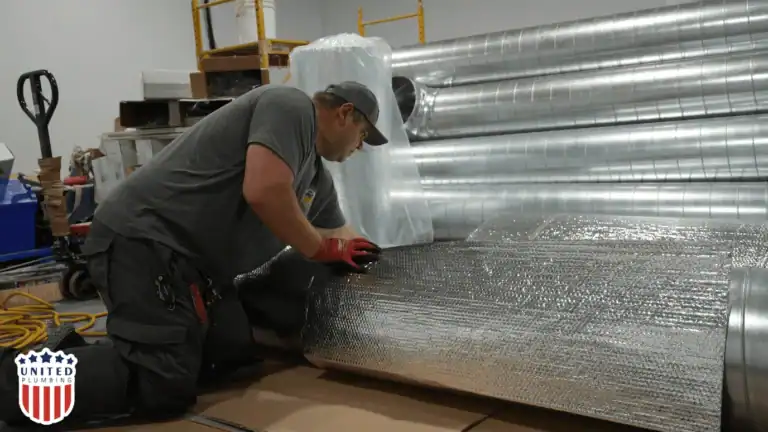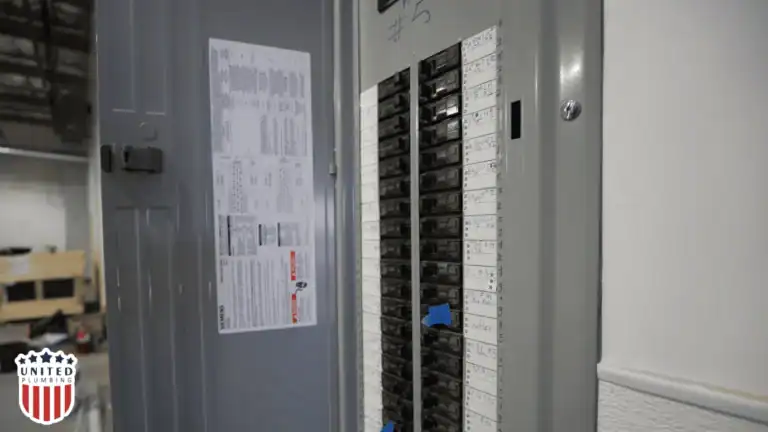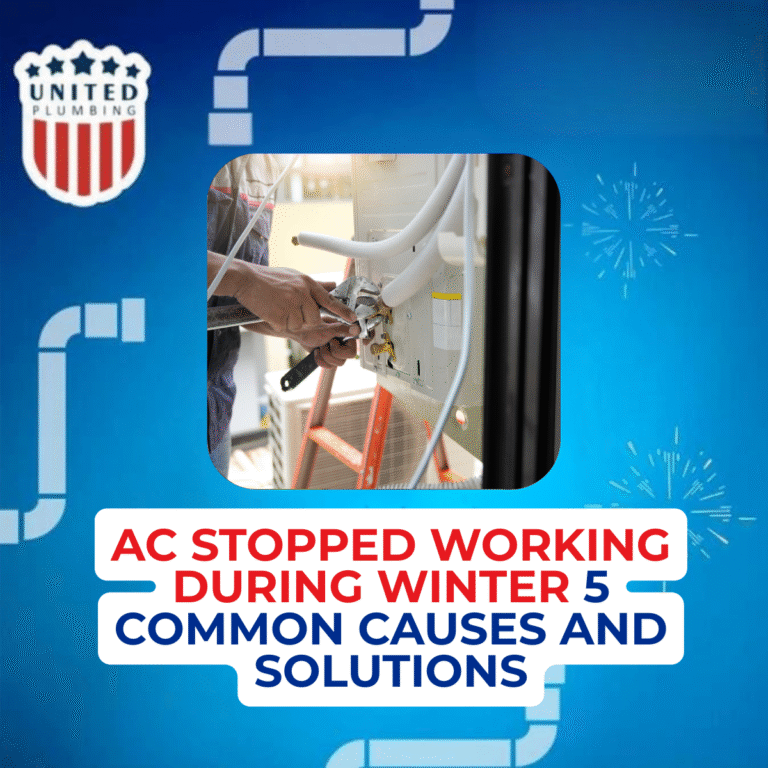FIVE-STAR TEAM WARRANTY &
SAME-DAY SERVICE
5 Ways to Troubleshoot Blown Fuses at Home

Blown a fuse again? You’re not alone. Whether it happens during a storm or just when you plug in one too many things, a blown fuse can feel like a mini home emergency. But before you panic or call an electrician, there are a few simple things you can check yourself.
In this guide, we’ll walk you through five practical ways to troubleshoot blown fuses at home—so you can stay safe, avoid repeat issues, and know when it’s time to call in a pro.
What Causes a Blown Fuse?
Understanding the root of the issue is the first step in solving it. A blown fuse usually happens when too much current flows through your electrical system. This can be caused by:
- Overloaded circuits – Too many appliances on one circuit
- Short circuits – Faulty wiring or broken devices
- Damaged appliances – Items with frayed cords or internal issues
- Old or undersized fuses – Can’t handle modern electricity demands
Signs of a blown fuse include loss of power in one part of the home, a burning smell near the fuse box, or visible damage to the fuse itself (like discoloration or melted metal tips).
How to Check Your Electrical Panel for Fuse Issues
If you suspect a fuse is blown, head straight to your electrical panel—usually located in the garage, utility room, or basement.
Here’s how to check it:
- Turn off all appliances in the affected area.
- Open the panel door and look for fuses that appear burnt or broken.
- If you have a breaker panel, check for a switch that’s flipped to the OFF position.
A simple replacement might fix it. But if the fuse blows again right after replacing it, there’s likely a deeper issue—such as faulty wiring or an overloaded circuit.
When to Call a Residential Electrician for Blown Fuses
Not every fuse problem can—or should—be handled solo. If you notice:
- Fuses blowing regularly
- A burning smell from outlets or your panel
- Buzzing sounds
- Lights flickering or dimming
…it’s time to call a residential electrician. These licensed professionals can inspect your wiring, panel, and load distribution to identify safety hazards. In some cases, you may need an upgrade to your breaker panel or even a full system overhaul.
Looking for help? Consider hiring a local electrical contractor near you who specializes in residential repairs.
How Whole House Surge Protectors Prevent Future Blown Fuses

Sudden voltage spikes—from lightning, power grid shifts, or large appliances—can cause your fuses to blow. That’s where a whole house surge protector comes in.
Unlike single-outlet protectors, this device is installed at your main panel to shield your entire home from surges. It helps:
- Prolong the life of your appliances
- Reduce the chances of another blown fuse
- Protect sensitive electronics from sudden shutdowns
Adding one is a smart investment in your home’s long-term electrical safety—especially in areas prone to blackouts or power fluctuations.
Are You Using the Right Power Cords and Extension Cords?
Overusing or misusing extension cords is a leading cause of blown fuses and even house fires. Here’s how to avoid that:
- Don’t “daisy-chain” multiple extension cords
- Use heavy-duty, grounded cords for high-wattage devices
- Never run cords under carpets or furniture
- Unplug when not in use
If you rely on extension cords daily, it might be time to install additional electrical outlets or have a professional upgrade your wiring to meet your usage needs.
🔗 Helpful Resources
- Signs you need an electrical panel upgrade
- Learn more from our post on common electrical problems
Post views: 754
Latest posts

Is HVAC Duct Cleaning Really Worth the Money in San Jose, CA?
Many homeowners in San Jose question whether HVAC duct cleaning is a necessary service or an unnecessary expense....

AC Stopped Working During Winter 5 Common Causes and Solutions
If you ended up on this blog, your AC stopped working during winter, or you are trying to learn more about HVAC....


If you still have questions or need advice, please leave a request and we will contact you as soon as possible
Need a plumber and got no clue where to start?
(408) 539-6936Facing a plumbing issue? Get a FREE in-person estimate and quick solutions from our skilled technicians, ensuring your home runs smoothly again!
